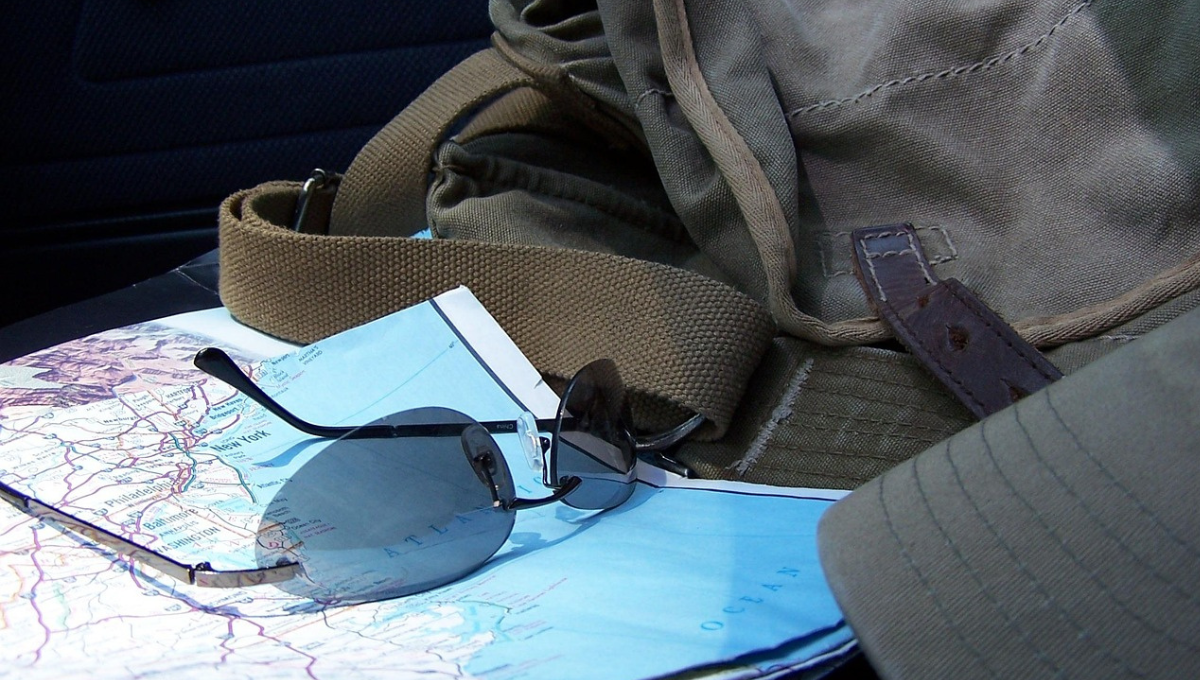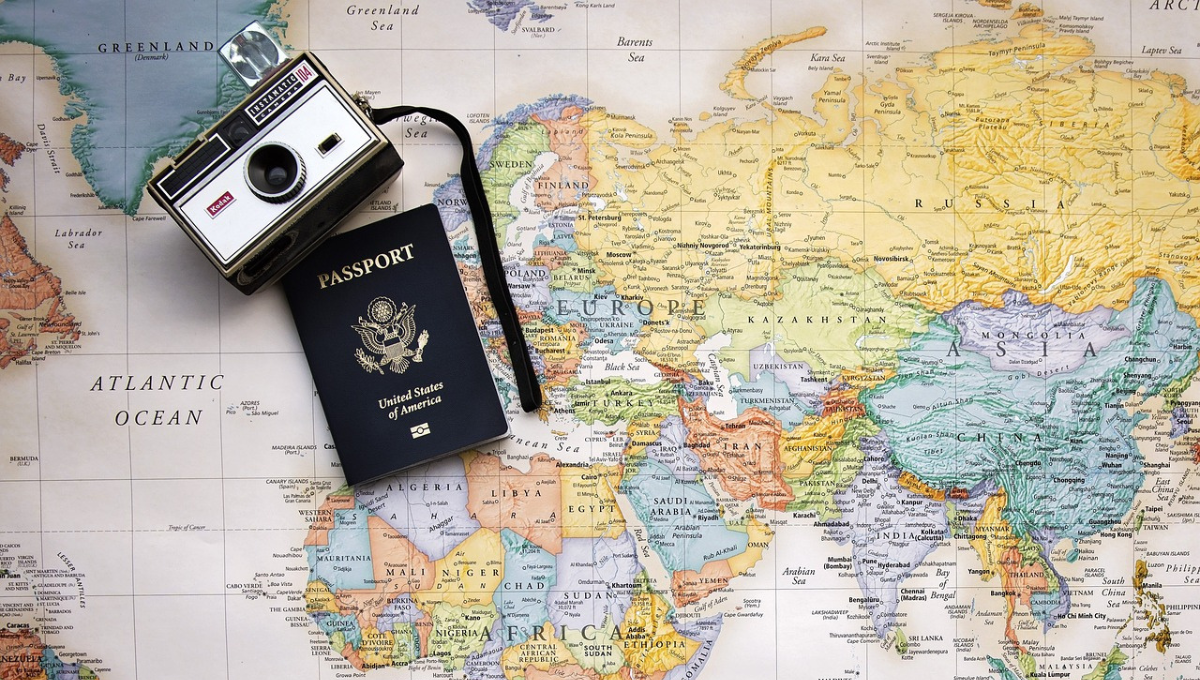Travel insurance is an essential tool for any traveler looking to safeguard themselves against unexpected events during their trips. However, many people wonder: when is the best time to buy travel insurance to ensure maximum coverage?
Whether you’re booking a domestic weekend getaway or an international vacation, knowing the optimal time to purchase your travel insurance can make all the difference in protecting your plans and investment.
Understanding Travel Insurance
Before diving into the specifics of timing, it’s important to understand what travel insurance is and why it’s crucial. Travel insurance typically covers unexpected events that can affect your travel plans, such as medical emergencies, trip cancellations, lost baggage, or flight delays. Depending on the policy you choose, the coverage can vary, but it generally provides protection for:
- Trip Cancellation/Interruption: If you need to cancel your trip due to unforeseen circumstances (e.g., illness, injury, or a family emergency), this type of coverage can help reimburse you for non-refundable expenses.
- Medical Coverage: If you fall ill or get injured while traveling, travel insurance can cover medical expenses, including emergency evacuation.
- Lost or Delayed Luggage: If your luggage is lost, delayed, or stolen, travel insurance can reimburse you for the value of your belongings.
- Travel Delays: Compensation for additional expenses caused by unexpected delays, such as hotel accommodations, meals, and transportation.
Understanding what travel insurance offers is important, but knowing when to purchase it can have a significant impact on the quality and scope of your coverage.
When Should You Buy Travel Insurance?
The simple answer is: as soon as you make a booking. However, the best time to buy travel insurance goes beyond just the initial booking. There are strategic windows where purchasing travel insurance provides maximum benefits. Let’s break it down.
1. Purchase Within 14 Days of Booking
One of the most recommended strategies to get the best coverage is to buy travel insurance as soon as you book your trip—ideally, within 14 days. Many insurance providers offer the most comprehensive plans and perks if you purchase your insurance early. Here are a few benefits of purchasing early:
- Pre-existing Condition Waiver: If you have a pre-existing medical condition, buying insurance early can help you qualify for coverage. Some policies include a waiver for pre-existing conditions if you buy the policy within 14 days of your trip booking.
- More Coverage Options: Purchasing early often gives you access to a wider variety of plans. Many insurers reserve the most extensive coverage for early buyers, including coverage for trip cancellation due to unforeseen events.
- Higher Cancellation Coverage: If you book your trip early, you can ensure that trip cancellation coverage applies to cancellations made up to the day before your trip. This provides peace of mind in case something happens unexpectedly.
Why 14 Days Is Crucial
- Travel Cancellation Coverage: Many travel insurance policies offer a period of “free cancellation” for a certain number of days after booking your trip. If you cancel your trip within this period, you can receive a full refund. If you wait beyond this window, you might lose this option.
- Natural Disaster and Weather-related Events: Purchasing early ensures that you’re covered in case of extreme weather events or natural disasters. Policies bought closer to departure may not cover events that occur after the policy has been bought.
2. Before Making Final Payment
In some cases, it’s beneficial to buy travel insurance just before you make the final payment for your trip. For example, if you’ve only made a deposit for a cruise or vacation package, it’s still wise to secure travel insurance before the balance is due. Waiting until after your final payment may limit your coverage options, particularly if you’re looking for more specific protections like “cancel for any reason” policies.
3. Before Finalizing Non-refundable Costs
If your trip involves making non-refundable payments (e.g., hotel reservations, flight tickets, or tours), it’s best to buy travel insurance as soon as possible. These are the costs most likely to be reimbursed if you need to cancel your trip, and travel insurance often includes provisions for these costs. Waiting until the last minute can reduce the likelihood of securing reimbursement for such costs if you’re forced to cancel your trip.
4. Closer to the Departure Date (For Basic Coverage)
If you’re planning a trip last minute, don’t panic. You can still purchase basic travel insurance up until the day of departure. While this won’t offer the comprehensive coverage of policies purchased early, you can still protect yourself against some risks like medical emergencies, trip delays, or baggage loss.
However, policies purchased closer to departure tend to have fewer benefits, and certain coverage options may be restricted or unavailable.
5. Special Circumstances for Certain Destinations
If you’re traveling to high-risk areas or during peak seasons, it’s especially critical to buy your travel insurance early. This is true for destinations with high chances of natural disasters (e.g., hurricane season in tropical regions) or regions affected by political instability or civil unrest.
Factors to Consider Before Purchasing Travel Insurance
Before committing to a travel insurance plan, several factors should influence your decision about the best time to purchase.
1. Trip Cost and Length
The cost and length of your trip directly impact the coverage you need. If you’re spending a significant amount on your vacation, such as for a luxury cruise or expensive international travel, securing travel insurance early gives you more comprehensive coverage. The longer your trip, the higher the likelihood of something going wrong, which makes insurance crucial.
2. Destination and Travel Risks
Traveling to a destination that carries additional risks—such as areas prone to natural disasters, medical emergencies, or terrorism—warrants early insurance purchase. Some destinations have higher rates of medical emergencies, and securing insurance early can cover unexpected health issues.
3. Health Conditions
If you or a travel companion has a pre-existing medical condition, purchasing travel insurance early is vital. Policies that cover pre-existing conditions may require early enrollment. If you wait too long to buy, your pre-existing condition may be excluded from the policy.
4. Coverage Add-ons
Travel insurance policies can be customized with add-ons, such as adventure sports coverage or trip interruption coverage. Purchasing early gives you time to compare these options and ensure that you’ve got the coverage that suits your specific needs.
5. Discounts and Deals
Occasionally, insurance providers offer discounts for early buyers. By securing your policy early, you can lock in a lower rate. Some insurance companies even offer promotional codes or special offers during specific months, so timing can help save money.
Benefits of Buying Early vs. Last Minute
To better understand the advantages of early purchase versus last-minute purchases, here’s a breakdown:
| Factor | Early Purchase | Last-Minute Purchase |
|---|---|---|
| Pre-existing Conditions | Waivers available for pre-existing conditions | May not cover pre-existing conditions |
| Coverage Scope | More options available, including trip cancellation | Basic coverage, limited options |
| Cancellation Flexibility | Full refund for cancellations within policy terms | Fewer cancellation options, possibly non-refundable |
| Peace of Mind | Comprehensive coverage for most emergencies | Limited coverage, fewer protections |
| Cost of Insurance | Potentially lower premiums, discounts available | Higher premiums, no discounts |
Key Takeaways
- The best time to buy travel insurance is as soon as you book your trip. Within 14 days is ideal to ensure maximum coverage, including trip cancellation and pre-existing condition waivers.
- Purchase early for the most comprehensive protection. Policies bought in advance offer a wider range of benefits, including trip cancellation, medical coverage, and reimbursement for non-refundable costs.
- Buying closer to departure still offers basic protection, but it limits coverage options. While it’s not too late, waiting until the last minute often means fewer benefits.
- Special circumstances like high-risk destinations or pre-existing health conditions require early insurance to ensure complete protection.
Conclusion
In conclusion, the best time to buy travel insurance for maximum coverage is as soon as you book your trip. By securing insurance early, you can ensure you have the broadest protection for your trip, from trip cancellations to medical emergencies. Remember, the more comprehensive the coverage, the better peace of mind you’ll have while traveling.
Don’t wait until the last minute—planning ahead can save you money and ensure that you’re covered for anything unexpected that may come your way.
References:
- TravelInsurance.com – https://www.travelinsurance.com
- World Nomads – https://www.worldnomads.com
- NerdWallet – https://www.nerdwallet.com
- Allianz Travel – https://www.allianztravelinsurance.com
- InsureMyTrip – https://www.insuremytrip.com







